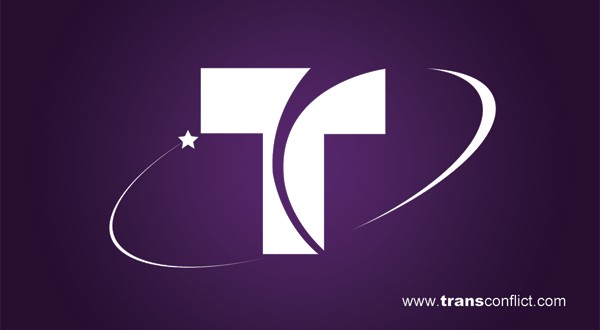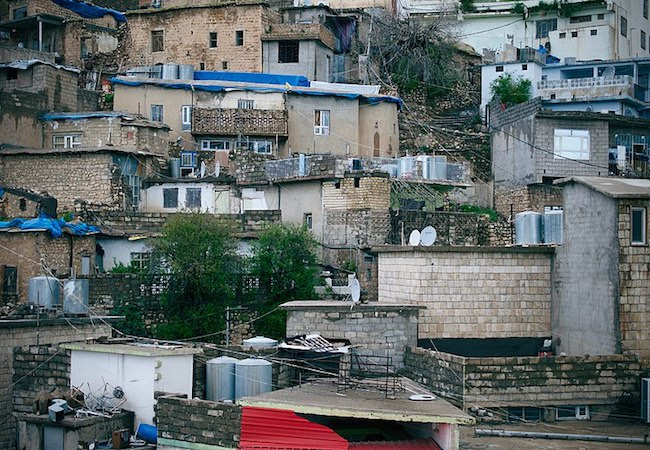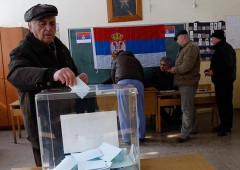December 2017 Review
TransConflict is pleased to present a selection of articles published during December, plus updates from the Global Coalition for Conflict Transformation.
| Suggested Reading | Conflict Background | GCCT |
1) The need for peace
Matthew Parish – The elections on 21 December 2017 are the most important elections Catalonia has ever seen. They are the most important elections Spain has ever seen. They are one of the most important sets of elections in Europe since the end of the Second World War. So everybody – absolutely everybody – must vote. But voting on its own is not enough. When people vote, they must make it clear why they are voting and what they expect from their politicians. Read on…
2) Ballot fraud in the Catalan elections – could it happen?
Matthew Parish – The international community must watch the elections on 21 December 2017. The people of Catalonia need to watch those elections as well. There are sufficient grounds for concern. Madrid has effectively annexed Catalonia and abolished its regional government. Therefore Madrid is responsible for the conduct of the Catalan elections.Read on…
3) The disintegrating Donbass – is there a future for a con-federal Ukraine?
Rene Wadlow – The current crisis may serve as a reminder of how dangerous a disintegrating Donbas can be. An alternative would be to study seriously the possibilities of a con-federal Ukraine. Read on…
4) Trump’s recognition of Jerusalem as Israel’s capital and the prospect of a two-state solution
Dr. Alon Ben-Meir – Trump’s declaration does not in any way foreclose the Palestinians’ aspiration to establish their own capital in East Jerusalem, while maintaining the unity of Jerusalem as a single city and as a microcosm of Israeli-Palestinian peaceful coexistence. Read on…
5) Kurdish cooperation and renewal – is there a way forward?
Rene Wadlow – The Paris meeting ended with a call for a “national dialogue to begin at the earliest time” which is certainly necessary. However, a dialogue within Iraq can not overlook the fact that a Kurdistan, culturally renewed and with a vigorous economy is a transnational issue and cannot be limited to one State. Read on…
6) Lord Naseby’s ‘revelations’ – a hollow attempt to re-write history and deny justice
Sri Lanka Campaign for Peace and Justice – In October, a member of the House of Lords took to their feet in Parliament to argue that the UK Government, and other members of the international community, should abandon their long-standing and hard-fought push for accountability in Sri Lanka. Unfortunately, however, the rationale for the establishment of a credible justice process in Sri Lanka remains as pressing as ever. Read on…
7) Divisions, Yemen faces a possible turning point
René Wadlow – The assassination on December 4, 2017 of former Yemen President Ali Abdullah Saleh has potentially opened a new chapter in the ongoing struggle for power in Yemen. There might be a possibility that with a major actor pushed off the stage, the lesser actors might accept the good offices of the United Nations (UN) mediator Ismail Ould Cheikh Ahmed and form an inclusive central government. There is also a real possibility that the armed conflict becomes even more protracted as factions see increased opportunities to advance their interests. Read on…
8) To snap every yoke – world law to end slavery in Libya
Rene Wadlow – Slavery is a consequence of disorder. Without a minimum of legal structure, there will always be those who arise to make short-term gains including by the selling of people. The conscience of humanity of which the High Commissioner for Human Rights spoke must now speak out boldly to break the yoke of slavery. NGOs need to take a lead. Governments are likely to follow. Read on…




























